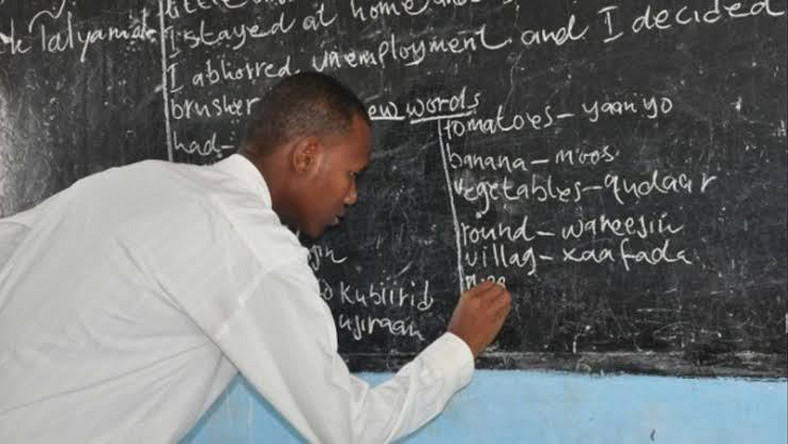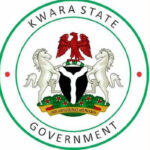Fifty first-class graduates made the list of successful applicants for the Kwara State Teaching Service Commission (TESCOM) jobs in the state.
The government has further directed the applicants in addition to those of the Universal Basic Education Board (SUBEB) to check their portals from Tuesday April 27 to know their status, with the successful ones printing their employment letters online ahead of full documentation with the two agencies.
- Inside Kano’s 4 major markets with poor mobile connectivity
- We lost everything to tanker fire, Benue community laments
Speaking at the stakeholders’ meeting in Ilorin, the state capital, SUBEB Chairman Prof Shehu Raheem Adaramaja said the exercise was merit-based and totally devoid of partisan sentiments as Governor AbdulRahman Abdulrazaq had insisted that the process of recruiting teachers must prioritise only the right qualification and competence.
He said the recruitment team adhered to the criteria stated in the advertorial, ensured that the process was anchored on the needs assessment earlier conducted by the two agencies across the 16 local government areas, and accommodated the diversity of the state, including people living with disabilities.
“The import of this presentation is for the stakeholders to know what went down throughout the exercise and what teaching slots will be going to what local government and for what reasons. We gave priority to applicants of Kwara origins but we also considered non-Kwarans with exceptional performances as well as people living with disabilities,” he added.
“This exercise was purely based on merit and, at the end of our selection process for SUBEB, we found out that there are 94 NCE distinctions, 989 credit, 64 upper credit, 1,502 merit and 12 lower credit among the successful applicants. We didn’t consider those with pass in NCE at all for SUBEB jobs.
“For TESCOM jobs, out of several applicants for the jobs, we got 50 first class graduates in different disciplines. Five applicants with distinctions (polytechnic graduates), 849 second class upper division, 23 upper credits (polytechnic), 987 second class lower division, and 21 lower credit (polytechnic). We also did not consider those with pass.”
NUT Chairman in the state, Olu Adewara in his remarks said the level of transparency adopted by the committee represents the sincere focus of the government to lay a good foundation for the future of the state.

 Join Daily Trust WhatsApp Community For Quick Access To News and Happenings Around You.
Join Daily Trust WhatsApp Community For Quick Access To News and Happenings Around You.
